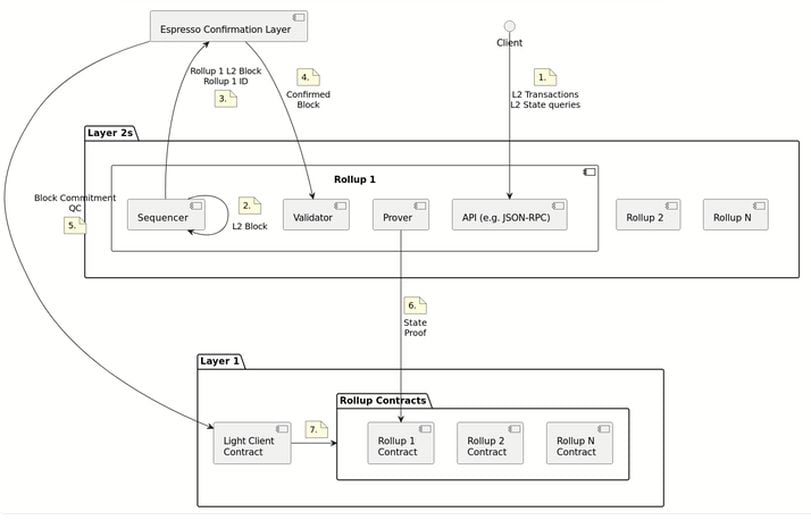Caesars Entertainment Inc. has settled a deal with a prominent union of hospitality workers in Las Vegas, setting new precedents for using technology in the hospitality sector. On Wednesday, Culinary Workers Union Local 226 announced that they have successfully negotiated terms that mandate a six-month notification period before the deployment of artificial intelligence and other new technologies in the workplace.
This tentative contract stipulates that the casino giant will also be responsible for providing retraining opportunities, severance, and continued benefits for employees displaced or made redundant by such technological implementations.
Enhanced protections and benefits for employees
Ted Pappageorge, secretary-treasurer of the union, emphasized the comprehensive nature of the contract, lauding it as “the best contract we’ve ever had.” The protective measures are a response to the burgeoning use of automation in the industry, where machines are increasingly replacing cash handlers, servers, and bartenders.
Under the new agreement, Caesars has committed to substantial wage increases. However, specific figures remain undisclosed due to ongoing negotiations with other resort operators, including MGM Resorts International and Wynn Resorts Ltd. The deal comes amid a broader labor dispute that has seen the threat of strikes looming over the city’s bustling casino and hotel industry.
Restoration of daily room cleaning
A noteworthy return to pre-pandemic operations includes reinstating daily room cleaning services at Caesars properties, a standard relaxed during the height of the COVID-19 crisis. The change follows union pushback against job cuts and excessive workloads resulting from the previous cutback.
Additionally, the contract establishes a 30-day notice period for changes in current technology, allowing workers to adapt to evolving job requirements while safeguarding their positions.
The agreement, pending ratification by the 10,000 union members at Caesars, sets a template for future negotiations with other major employers in the industry. It represents a significant step in addressing labor concerns over the rapid pace of technological advancement and its impact on job security.
A critical moment for labor negotiations in Las Vegas
The success of the negotiations between Caesars and the Culinary Workers Union is a critical juncture in the months-long labor standoff that has kept the hospitality industry on edge. With the threat of a strike affecting numerous establishments, the pressure is on MGM and Wynn to reach similar agreements before the Friday deadline. The outcome of these talks is likely to influence labor relations across the sector and may determine the operational dynamics for Las Vegas’s hospitality workforce in a post-pandemic era.
The deal not only averts a large-scale disruption but also establishes a framework for integrating new technologies in a way that considers the workforce’s welfare. It serves as a testament to the union’s negotiating power and commitment to protecting its members’ livelihoods in an increasingly automated industry.
In conclusion, the agreement between Caesars Entertainment and the Culinary Workers Union Local 226 marks a significant stride in labor-management relations. It balances the momentum of technological innovation with the needs and rights of workers, potentially charting a new course for the future of labor agreements in the hospitality industry and beyond.





